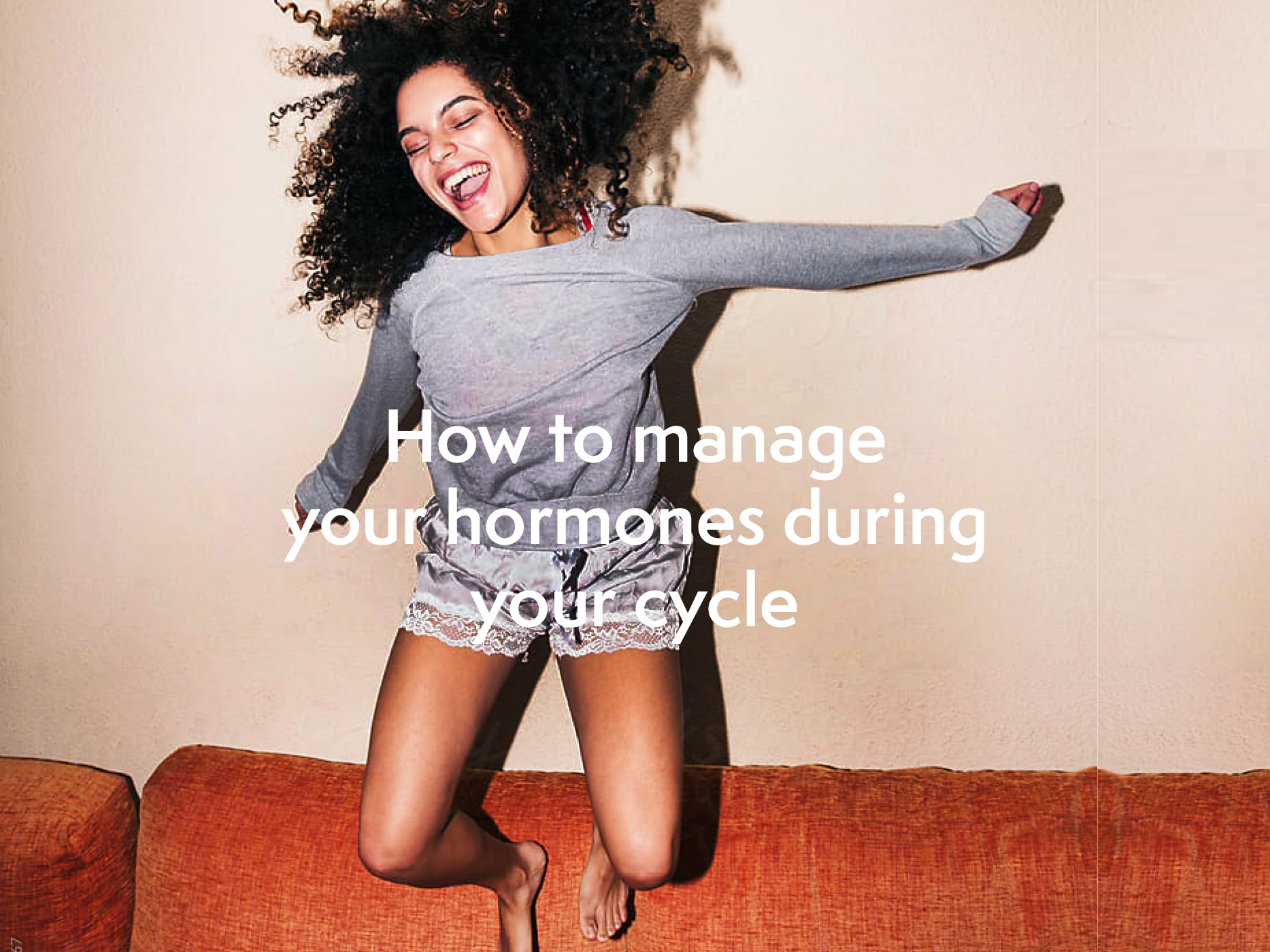We need to talk about PMDD
Trigger warning: this article discusses mental health as well as the inference of self harm and suicidal tendencies.
It’s the silent killer that leaves between 3 and 8% of AFAB people feeling helpless. Every. Bloody. Month.
Sometimes conflated with the regular swings and roundabouts of PMS, which strikes around two to four days out from the beginning of menstruation, PMDD stands for Premenstrual Dysphoric Disorder; and it’s a very different beast.
Monash University’s Women’s Health Research Program clarified that the definitive factor separating PMS from PMDD is when people with periods suffer from emotional changes that are so severe and intrusive, they simply can’t go on with their daily lives in the lead-up to menstruation.
The condition is caused by fluctuations in hormone levels that impact the brain’s chemistry. These fluctuations result in the intense mood aggravations associated with the disorder.
But despite the fact that people who menstruate have been battling this condition for many a decade, PMDD has only recently been acknowledged as a clinical mental health condition.
Model and Content Creator, Jonti Ridley suffers from PMDD and knows its symptoms all too well – the condition bringing their life to halt, monthly.
They said that despite their consistent and extensive efforts to care for their mental health through therapy and other modalities, the week before their period feels like they’re emotionally “in the backseat and someone else has the wheel… you just have to go for that ride and pray they don't swerve you into a pole.”
Jonti started experiencing PMDD symptoms like irritability, severe depression, elevated anxiety and mood swings during the third week of their cycle, from around the age of 18. These symptoms worsened when they came off the contraceptive pill around the age of 22.
Their thoughts went to incredibly dark places.
“I am usually someone who is generally speaking, quite self-aware and rational… but when that week three hits.. the chain of thoughts are erratic and violent, mostly to myself,” they said.
“They are just completely different from the values and thoughts that I would expect from my own brain."
Before their diagnosis, Jonti knew little, to nothing about PMDD.
“I spoke to a couple of GPs [about my symptoms] and a lot of them quickly dismissed it as PMS [and said] everyone gets like this,” they said.
“I kind of kept pushing the point because I just thought ‘this isn't normal… I shouldn't be facing, such a black and white, visceral reaction…. because as soon as my period would come, I'd be fine, I'd be right as rain.”
For years, during what Jonti referred to as “the week before shark week,” they would plunge down Google rabbit hole after Google rabbit hole, searching for answers that explained the “night and day shift” in their mental state.
Eventually, they stumbled on a community of people suffering from PMDD on Reddit.
“There's a fantastic online community of people who suffer from PMDD on there, I highly recommend anyone who's facing it to check it out,” they said.
“Once you're actually in these communities, and you realise that there is a community around [PMDD], it actually just made it made the lead up [to week 3] so much easier.”
It is this community of people going through the similar volatile motions of PMDD that Jonti credits a lot of their management of living with PMDD today – as well as the clarity that came with receiving their diagnosis.
“Knowing that there was a name for what I was going through was the biggest puzzle piece in the puzzle of actually being able to deal with it,” Jonti explained.
What is frightening about this condition, is the knowledge that so many menstruators with underlying mental health conditions could be suffering through this extreme disturbance in mood, without answers and without support systems – potentially putting their safety at risk.
Jonti revealed that their own experience of PMDD during the third week of their cycle exacerbates and triggers the onset of health issues that they’d otherwise been working through.
“I personally am in recovery [from] eating disorders, but in that third week, all of that progress is gone,” they explained.
“Had I not had the knowledge of what I was dealing with… we honestly might not be having this conversation… it might have come to that. And that reality is so true for so many people"
Although Jonti’s Therapist and General Practitioner work in tandem to help manage their PMDD, Jonti fears that since PMDD affects such a small percentage of AFAB people, a lot of those who experience these symptoms might be going undiagnosed and untreated.
Which, in the extreme and rather bleak case, could lead to preventable deaths.
“I hate to think of all the stats from all of the suicides, all of the self-harm and of all of the violence that go completely unregistered from PMDD sufferers, because they're undiagnosed or because they don't have access to Therapists and GPs in liaison like I had the privilege,” they said.
“Because if they don't have that support system and that self-awareness and that diagnosis… if the glowing exit sign is bright enough, I understand following out the door. I do... and I think that is so incredibly sad.”
When asked what advice Jonti would give to those who, like them, struggle with PMDD symptoms, they recommended:
- Validating the severity of your symptoms within yourself.
- Doing whatever it takes to keep yourself comfortable (i.e. setting boundaries with loved ones, treating yourself to self-care practices, resting.)
- Reaching out for support from communities of people with similar lived experiences
“Hold closest to your heart during this time is that you are not alone, you're not crazy,” they said.
“If it feels that severe to you, it's that severe of a situation. Bottom line. Period. End of sentence."
“And with that knowledge that it is that severe, you do whatever you need to do to help keep your feet on the ground.”
If you are experiencing extreme feelings of distress or any of the symptoms mentioned in this article, please reach out to a medical professional to seek support.


